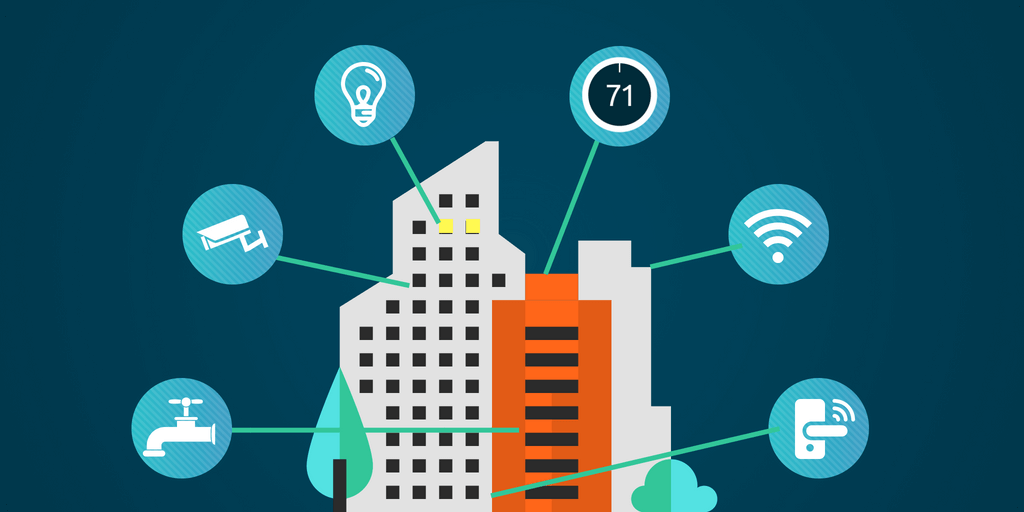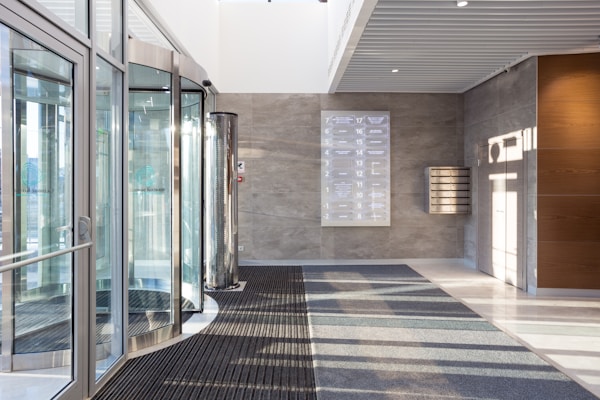The Benefits of Automating Building Management Systems

As technology continues to advance, more and more companies are turning to automated building management systems (BMSs) to reduce costs and increase efficiency. From improved energy management to remote access capabilities, there are many benefits to automating building management processes. Keep reading to learn more about the advantages of this innovative technology.
Enhanced Security and Safety Measures

With a building management system, monitoring and controlling access to a building is easier. Authorized personnel only can enter, and security measures such as surveillance systems, alarm systems, and keypad or card access systems can be set up to protect the building. The integration of fire suppression and detection systems into the BMS means fire alarms will be raised immediately for the building occupants, and emergency services will automatically be contacted.
The BMS makes it possible to monitor and immediately respond to abnormal activities in a building. Thus, access control systems, closed-circuit television (CCTV), and motion sensors will identify unauthorized entry or an area to maintain post-business hours of monitoring. The data generated from these systems can be reviewed and action can be taken against any identified compromises.
With the BMS ensuring all the systems are working cohesively, building managers can provide their occupants with a safe and secure working environment. Overall, BMS can provide enhanced security and safety measures that enable property managers to keep their occupants safe while reducing their liability.
Reduced Costs and Energy Consumption
One of the primary advantages offered by a BMS is the ability to reduce costs and energy consumption associated with managing a building. This is achieved by optimizing heating, cooling, lighting, and other environmental controls based on real-time data provided by the BMS.
Using a BMS to automate building management can result in significant energy savings, translating into lower utility costs and reduced carbon footprint. For instance, by using occupancy sensors or timers to control lighting, building managers can ensure lights are turned off in unoccupied areas, reducing energy usage.
In addition, a BMS can automatically adjust heating and cooling systems, optimizing temperature settings based on current weather conditions and occupancy levels, which can significantly reduce HVAC energy consumption.
Improved Accessibility

Another benefit of automating building management with a BMS is improved accessibility. The system enables building operators to remotely access and monitor building systems using an internet-enabled device, such as a laptop or tablet. This increased accessibility allows operators to make informed decisions quickly, ensuring they can respond to maintenance requests or emergency situations promptly.
Automating building management also enables building operators to access real-time data about the building systems, helping them make informed decisions about scheduling maintenance and resolving issues. With improved accessibility, building operators can easily monitor and adjust building systems to maintain building efficiency and productivity.
Increased Occupant Comfort
When a BMS is in place, it helps regulate building temperatures, humidity levels, and lighting levels, among other things. This ensures that occupants are comfortable throughout the day, regardless of the outside weather conditions. By having a well-regulated and comfortable indoor environment, occupants are more productive, have fewer sick days, and are generally happier.
Moreover, a BMS ensures occupants have better control over their specific zones or rooms. With programmable thermostats and lighting controls, occupants can personalize and control their zones for better comfort. This also helps the facility manager as well, as it can lead to energy savings by reducing the need to heat or cool the entire building.
Overall, automation brings a range of advantages to building management systems that can help building owners and operators save money, increase efficiency, and gain better insight into the performance of their buildings. Building management systems can help enhance security and safety, reduce energy costs, improve accessibility, and increase occupant comfort.






